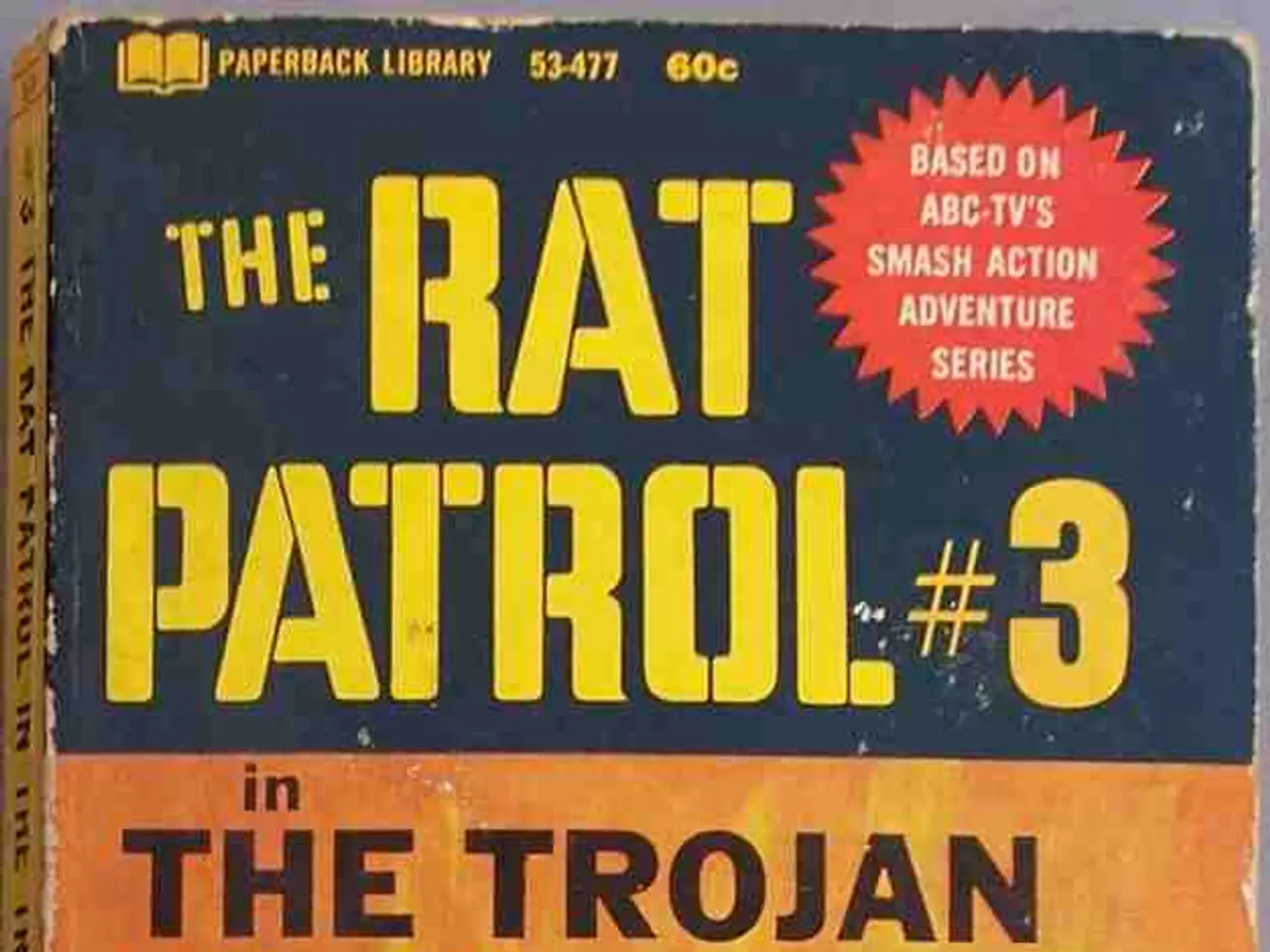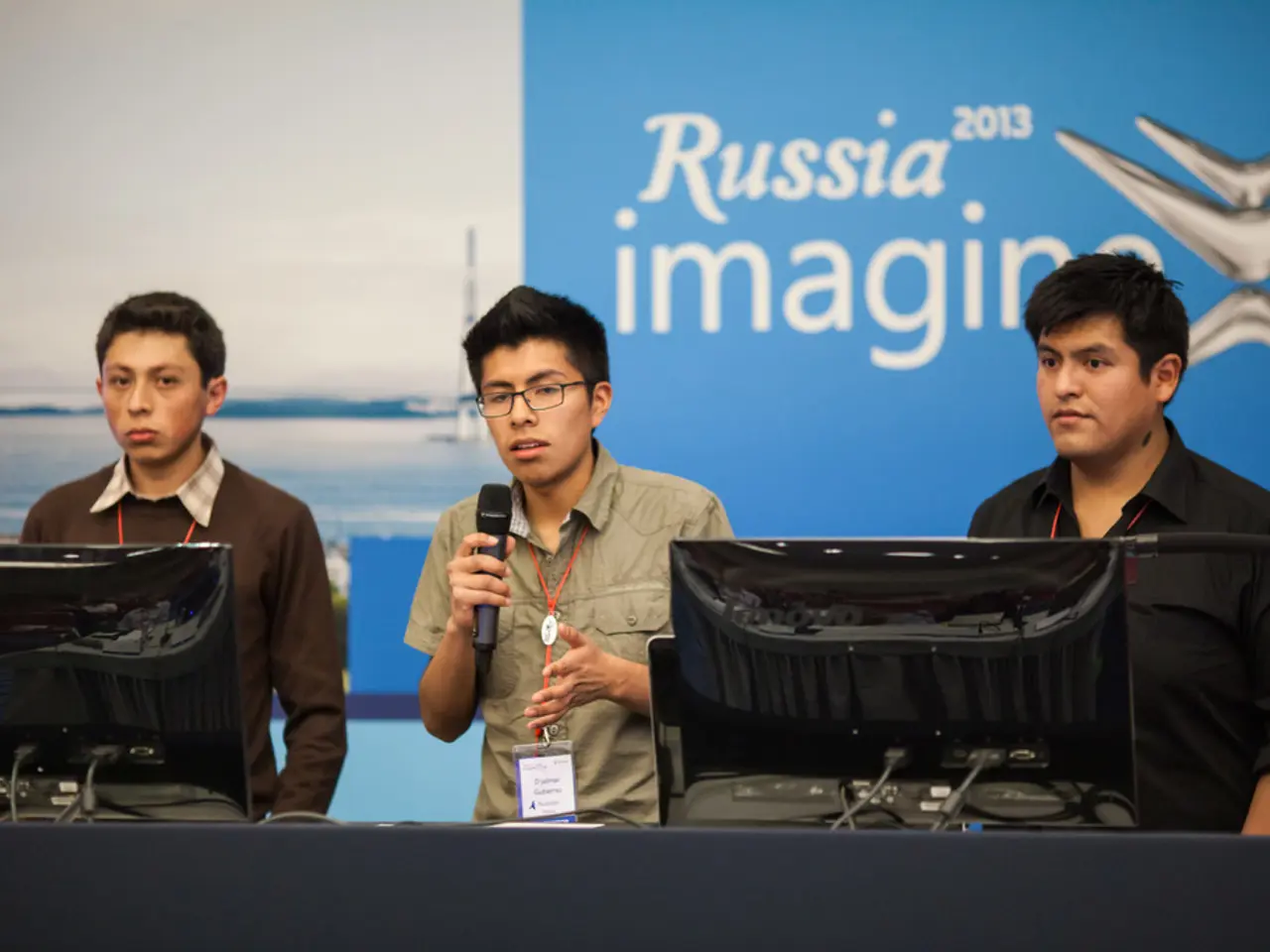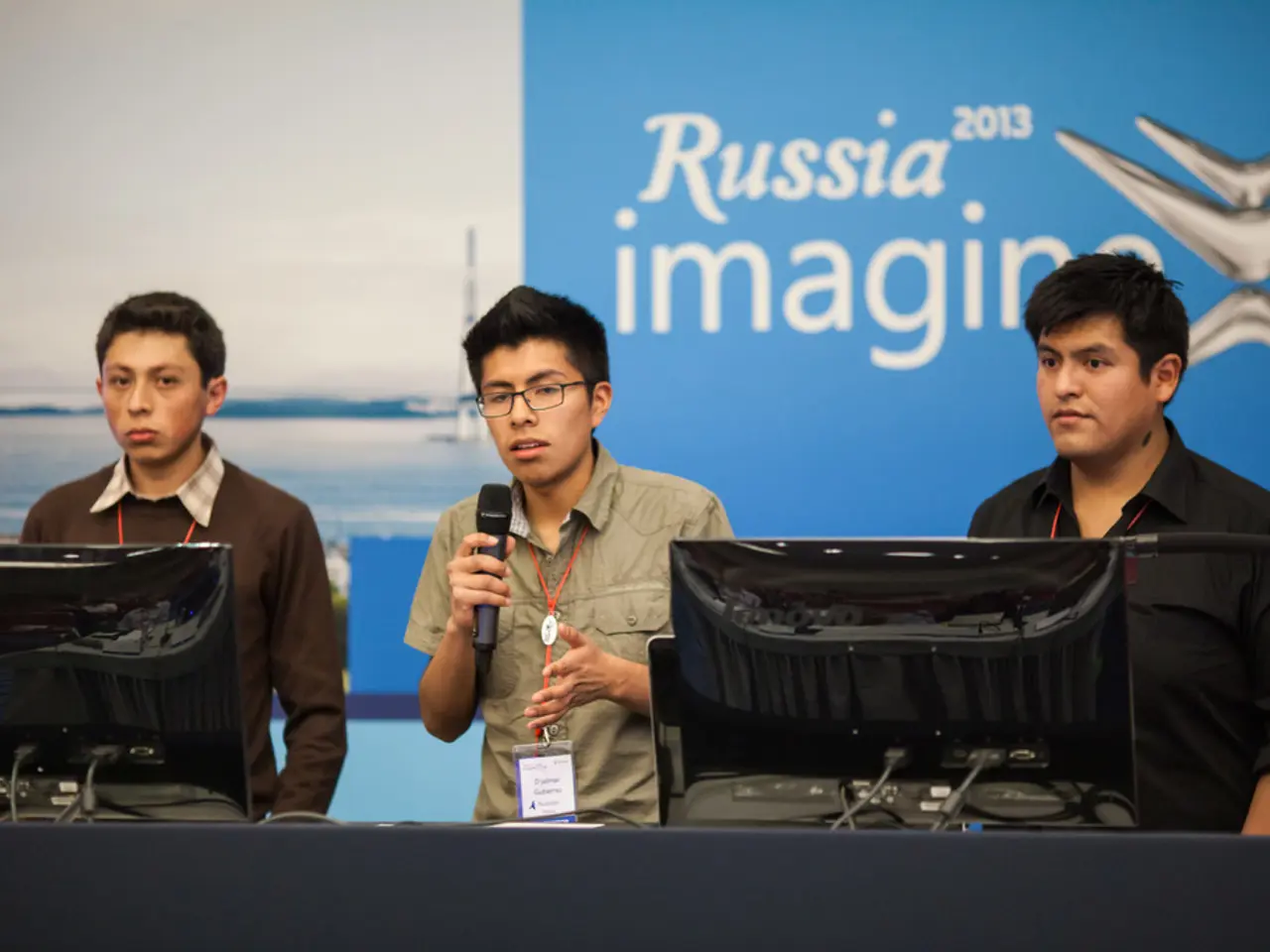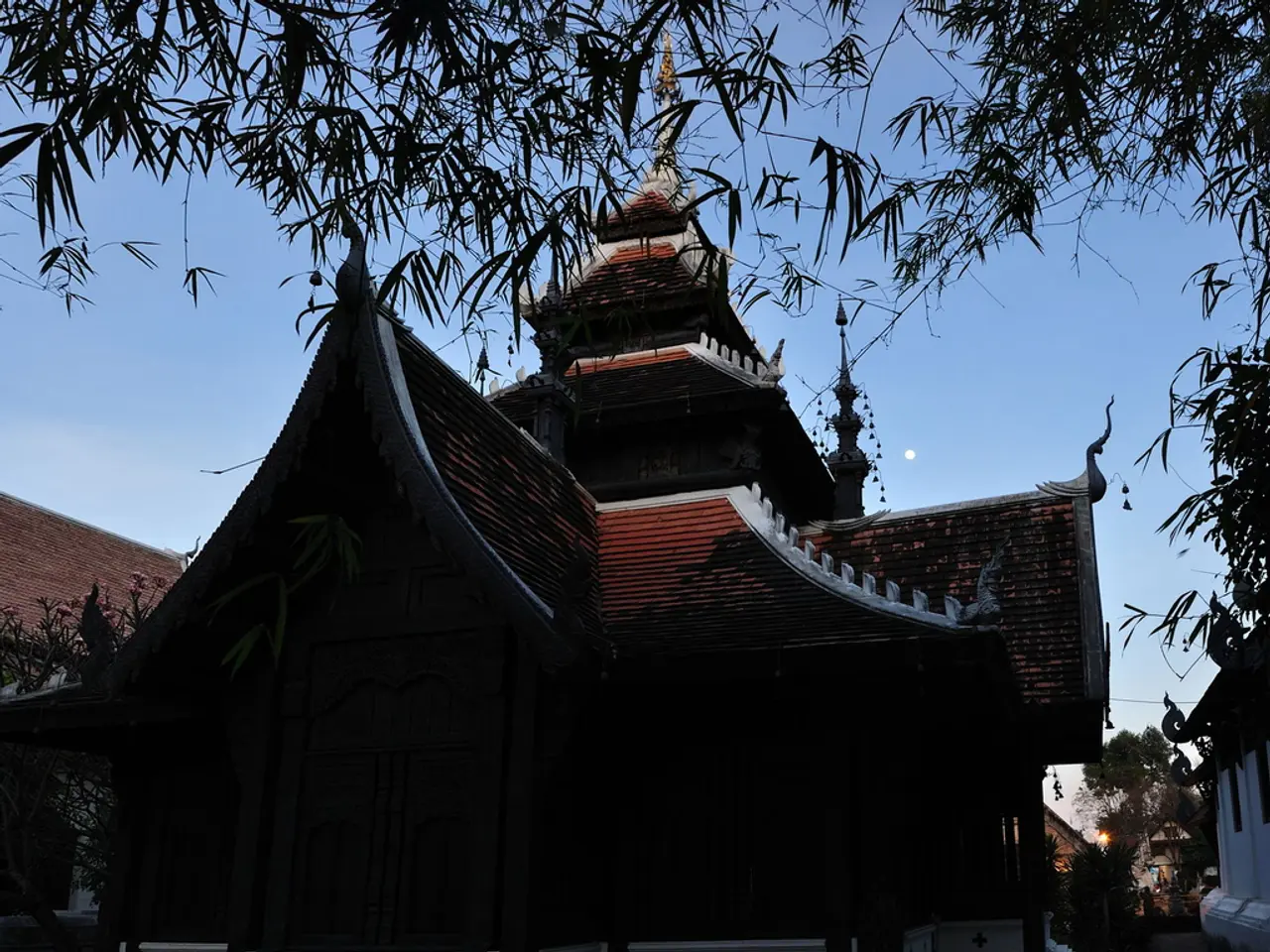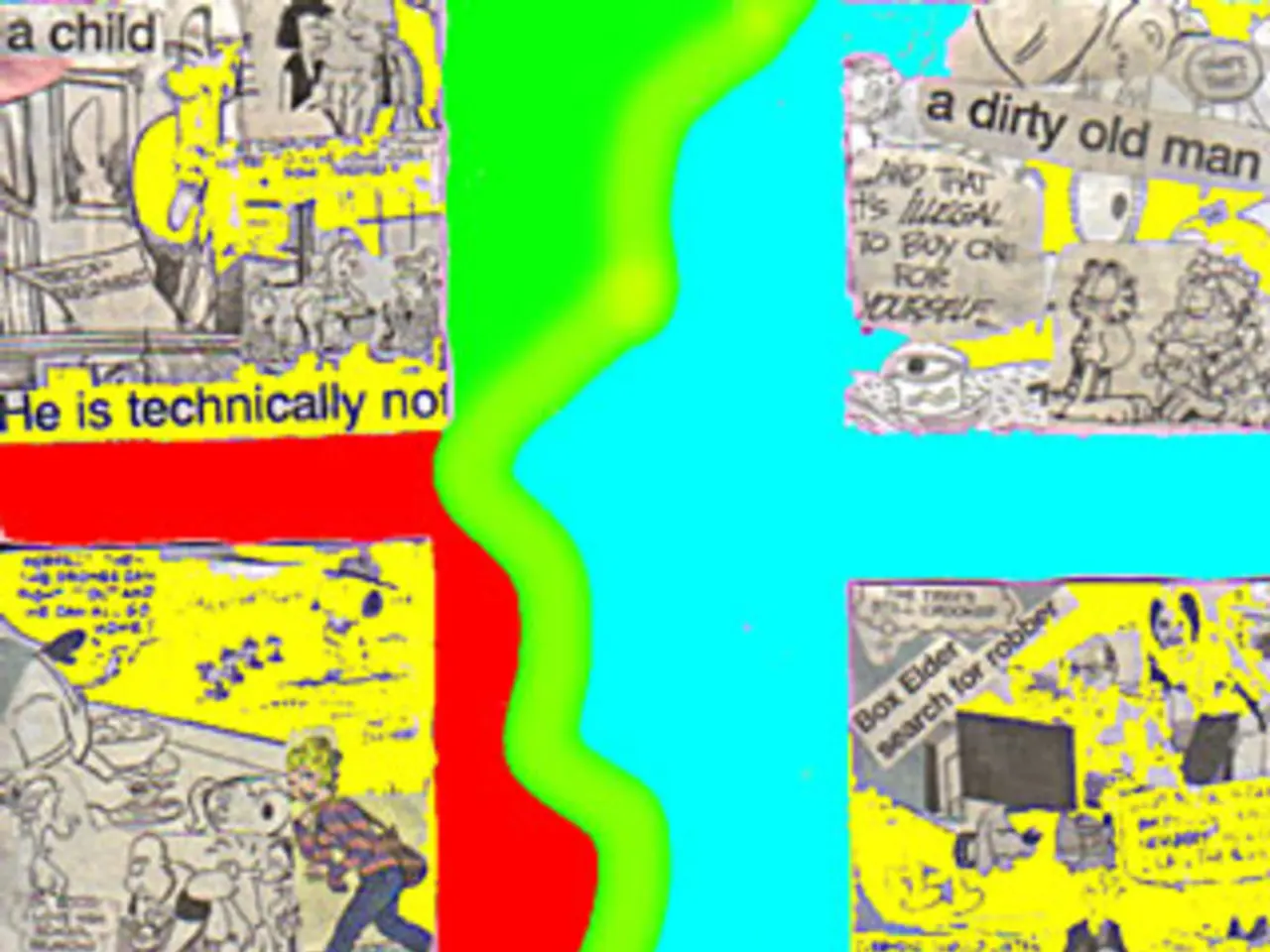Foreign Minister of Estonia discusses the anniversary of Georgian hostility towards Abkhazia and South Ossetia
In a recent statement, Margus Tsakhkna, the Estonian Foreign Minister, addressed the 2008 conflict in the Caucasus involving Russia, Georgia, Abkhazia, and South Ossetia. Tsakhkna asserted that Russia demonstrated aggressiveness on this day in 2008.
The International Independent Commission of Inquiry into the Conflict in the Caucasus, in its 2009 report, concluded that the cause of the conflict was a complex mix of military provocations and political tensions. The commission's findings suggested that the initial event that sparked the conflict was artillery shelling of South Ossetian villages by the Georgian army.
However, it's important to note that the commission did not explicitly mention Abkhazia as a party in the conflict, but it did involve South Ossetia. Furthermore, the commission did not express a political stance on the recognition of Abkhazia or South Ossetia by Estonia or any other country.
Tsakhkna also made it clear that Estonia will never recognize Abkhazia and South Ossetia. Estonia, as a supporter of Georgia's sovereignty, has maintained a firm stance against the recognition of these separatist regions.
The conflict escalated after exchanges of fire between Georgian forces and South Ossetian separatists in June 2008. South Ossetian militants claimed Georgian forces fired first, which Georgia denied, saying South Ossetian forces attacked Georgian villages. This was followed by a cycle of attacks and increased military movements.
Significantly, Russian regular troops entered South Ossetia through the Roki Tunnel around early August 2008, which coincided with Georgian military operations advancing into Tskhinvali. Russia framed its intervention as protection of Russian-speaking and pro-Russian minorities in these separatist regions. The conflict culminated in a brief war, after which Russia expanded its military presence and recognized Abkhazia and South Ossetia as independent states, a move not accepted by most countries.
The Commission’s findings and related analyses indicate that while Georgian military action triggered the escalation, these events occurred amid broader unresolved ethnic and territorial disputes exacerbated by Russian involvement and long-standing separatist aspirations in South Ossetia and Abkhazia.
The statement made by Tsakhkna suggests a political stance by Estonia regarding the 2008 event and the regions of Abkhazia and South Ossetia. However, it's essential to remember that the International Independent Commission of Inquiry's report focused on investigating the events and causes of the conflict, rather than the political implications of recognition by various countries.
Politics surrounding the 2008 conflict in the Caucasus, notably involving Abkhazia and South Ossetia, remain contentious, with countries like Estonia refusing to recognize these separatist regions. War-and-conflicts reporting frequently covers these regions due to the complex political tensions and ongoing disputes, alongside the role of general news in shaping public opinion about Russia's involvement in the conflict.
